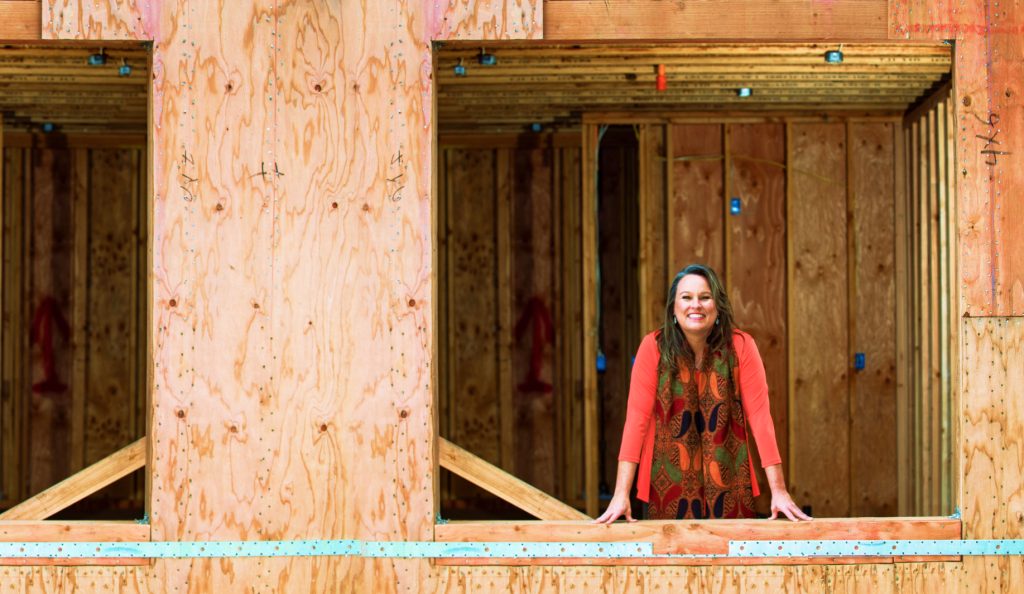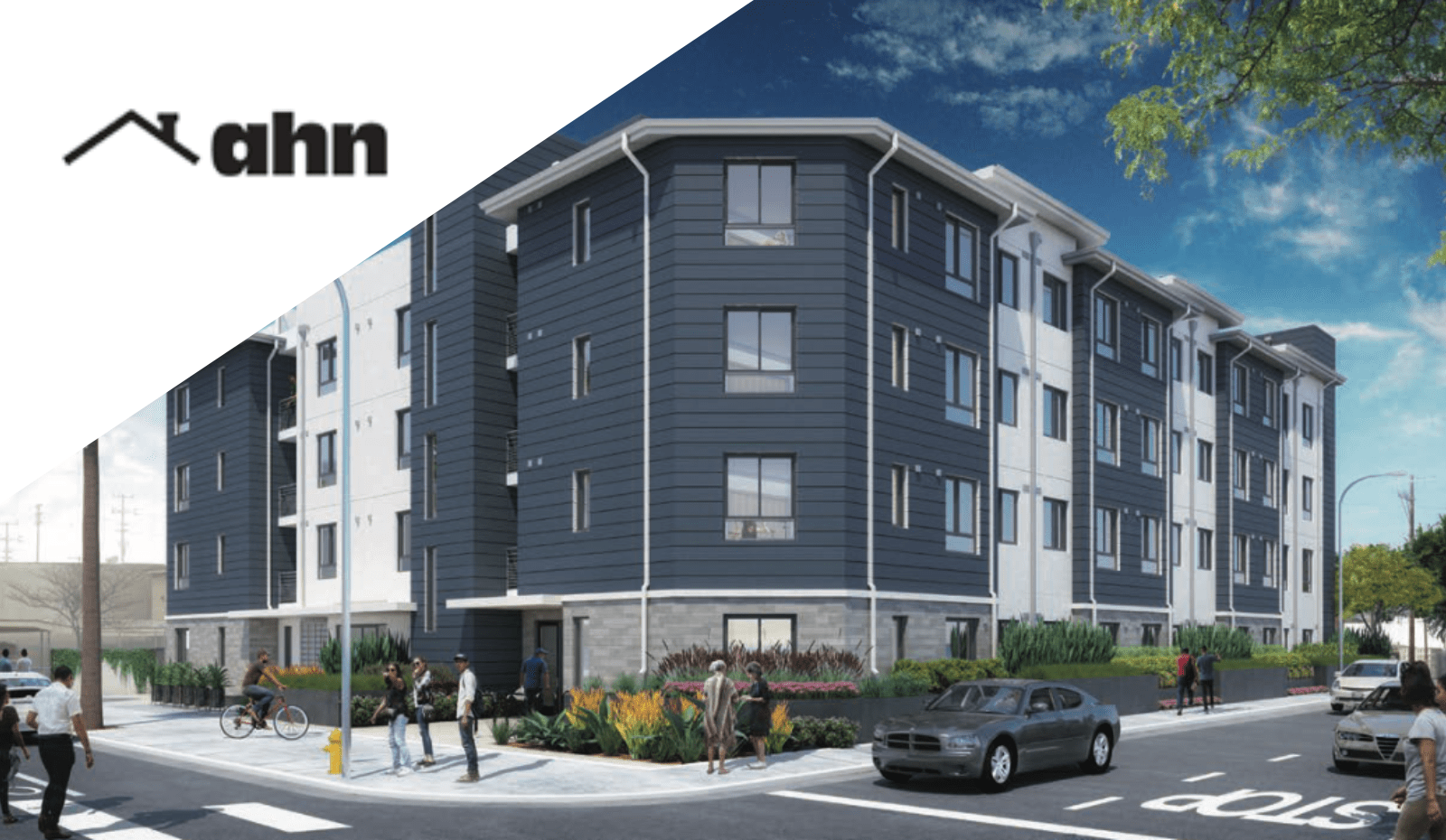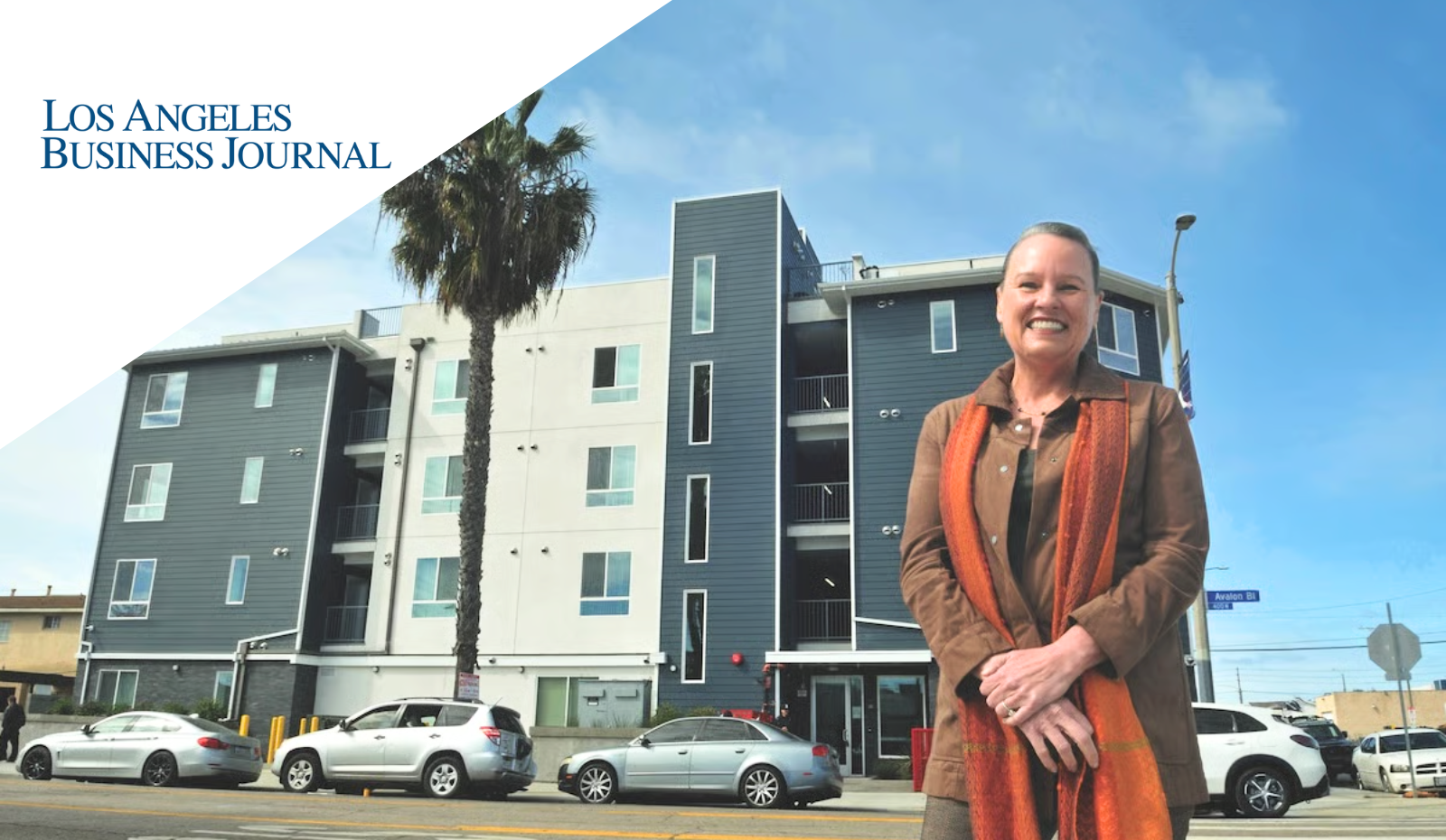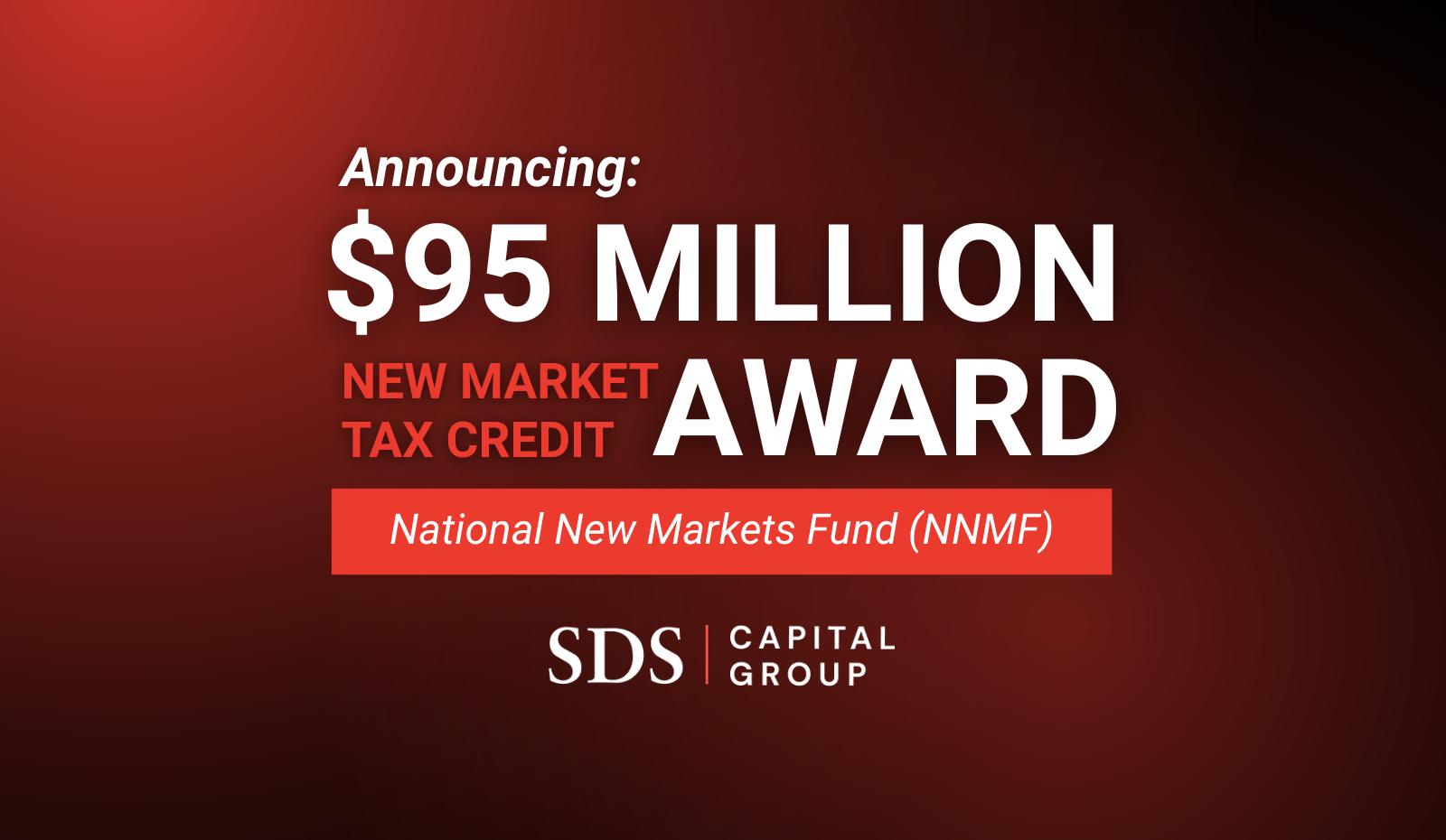Impact fund manager celebrates 20 years of investments, builds on success of ongoing affordable housing funds
Affordable Housing News features Deborah La Franchi and the SDS supportive Housing Fund in their Summer, 2022 Issue. To view the article in the magazine, visit their website – feature article begins on page 59.
See below for complete article.
Understanding that government alone cannot solve the increasingly severe housing crisis, SDS Capital Group has spent the past 20 years launching and managing impact investment funds to inject much-needed capital into underserved areas. The company’s efforts have culminated in a $1 billion-plus portfolio across six successful investment funds, each demonstrating the difference impact investing can deliver to low-income communities.
SDS proves that doing well by doing good is possible. Investors ultimately work with SDS because the firm seeks to deliver market rates of returns while simultaneously producing tangible results in the country’s most impoverished areas. SDS’s model is centered on the philosophy that the private sector does not have to sacrifice one goal for another.
“Our mantra is, ‘Driven by impact, grounded in financial stewardship.’ Those two can’t, nor should they, be separated from one another,” says Deborah La Franchi, Founder and CEO of SDS. “I remind our team all the time that we cannot have impact success without hitting our targeted financial performance; otherwise, we are providing concessionary returns, and our investors will not return. Our goal is to engage the private sector—more deeply and more proactively— in alleviating poverty in the U.S. through their capital investments.”

I’M REALLY EXCITED THAT WE ARE ABLE TO ENGAGE MORE PRIVATE-SECTOR CAPITAL AS AN EQUITY SOURCE FOR DEVELOPERS IN THE BATTLE AGAINST POVERTY. IN TURN, THE DEVELOPERS IN THIS SPACE ARE REALIZING THEY CAN USE OUR CAPITAL AS SHORT-TERM MONEY TO BRIDGE THEIR CAPITAL GAPS. THIS ALL CREATES MORE IMPACT FOR COMMUNITIES IN NEED OF REVITALIZATION AND INVESTMENT
-Deborah La Franchi
SDS’s refreshing and innovative solution to the housing crisis takes the pressure off institutional and corporate investors, allowing them to invest capital without having to deploy it themselves into individual projects. Fund managers like SDS decide where to invest the capital to create the most impact and best returns. In this scenario, all parties can do what they do best.
“What I saw…20 years ago was that there were not enough avenues for the private sector to engage in the battle against poverty. I wanted SDS to create more efficient and effective conduits for their capital to reach communities in need,” says La Franchi. “The funds SDS creates are these conduits. We make it easier for investors to place their money into these much-needed projects. They don’t want to be managing each of these investments themselves, one by one. They might provide us with $10 million, $20 million…and our role is to monitor the projects we fund to ensure they perform as expected.”
FASTER, CHEAPER PERMANENT SUPPORTIVE HOUSING
Each of SDS’s products has a specific geographic focus as well as unique financial goals and levels of risk. One of its standout funds is the SDS Supportive Housing Fund, a first-of-its-kind private equity fund that invests in permanent supportive housing for homeless individuals throughout California. Leveraging $150 million, SDS plans to house at least 1,800 people in units built by its housing partner, RMG Housing.
Several aspects of the Supportive Housing Fund set it apart from others in the industry. First, the fund is providing between 90–97 percent of the capital for each deal developed by RMG. This alleviates the developer’s need to pursue grants, gap financing or even bank construction loans. Instead, RMG can focus on executing the development of the housing properties.
Second, SDS’s capital enables RMG to build these units faster and cheaper than what’s standard in California. The 500 square-foot units are built new and come with case management services, like most other permanent supportive housing properties. However, with SDS providing almost all of the capital and both partners focused on efficiency, they’ve streamlined the process. RMG is building each unit at an average of $200,000, compared to the region’s average of $600,000, and completing each property in around two years, compared to the publicly funded average of five to seven.
“To be honest, when we first looked at the RMG Housing model, we were skeptical they could achieve an average price point of $200,000,” La Franchi says. “We said, ‘Let us underwrite the first 10 deals that you’ve identified; let us verify for ourselves, with our numbers, whether this is realistic.’ And in fact, it was. At our first meeting, I said to them, ‘If these numbers are right and this can be done, I’d like to see SDS raise $100–$150 million to help you scale your model. California desperately needs what you are building. We need the government, the nonprofit and the private sector on all cylinders to tackle the homeless crisis in our state.’ And when I saw that it did pencil, we immediately started putting this fund together. Our investors understood this was a very unique and much-needed approach.”
Now, SDS is closing on one deal with RMG every 60–90 days and expects to close on a total of eight developments in 2022. The team is also opening its first modular housing property through the fund this year. The fund will have a tremendous impact not only on the residents but also the industry at large thanks to this shining example of successful impact investing.
MORE DECADES OF IMPACT
As SDS celebrates its 20th anniversary, La Franchi looks back with pride on what the firm has achieved so far. While she notes it was very challenging to launch an impact platform 20 years ago, she is heartened that SDS is now in the right place, as investors of all types seek to use their capital to make a difference. Her team has attracted major institutional and corporate investors like Kaiser Permanente and built longstanding relationships with industry partners like the legal team at Greenberg Traurig, LLP.
SDS’s other funds have seen tremendous success, as well. For example, the American South Real Estate Fund (ASREF), which La Franchi considered a “prototype in the South,” surpassed even the SDS team’s expectations relative to their impact results. ASREF’s focus is on deploying capital to distressed communities of color within 10 states in the deep South. The fund’s 14 investments are in communities that are, on average, 81 percent minority, have financed three African-American developers and have created 1,900 multifamily units, with 84 percent being low-income affordable. It’s results like these that make La Franchi excited for another two decades of mission-critical impact investing.
“I’m really excited that we are able to engage more private-sector capital as an equity source for developers in the battle against poverty. In turn, the developers in this space are realizing they can use our capital as short-term money to bridge their capital gaps. This all creates more impact for communities in need of revitalization and investment,” she says. “I’m really proud of what our team has built over the past 20 years.”
GREENBERG TRAURIG, LLP
Greenberg Traurig, LLP (GT) has more than 2400 attorneys in 43 locations worldwide and is often recognized for its focus on philanthropic giving, innovation, diversity and pro bono. GT’s Global Real Estate Practice is a cornerstone of the firm and recognized leader in the industry. Our attorneys deliver diversified, comprehensive legal solutions for property acquisition & investment, development, management & leasing, financing, restructuring, and disposition of all asset classes of real estate. GT advises clients in a full range of affordable & multifamily housing and community development matters, including federal, state and local housing programs. We are privileged to have partnered with SDS Capital Group in their success through the years.



